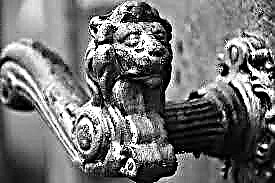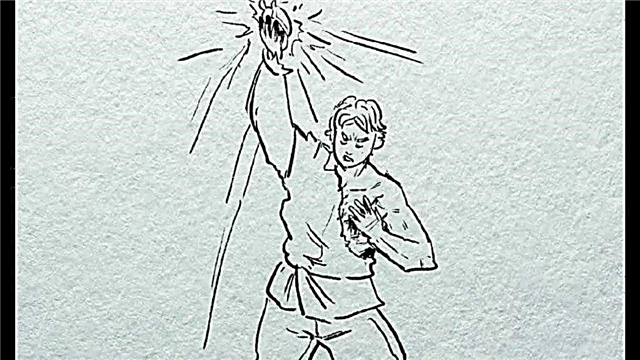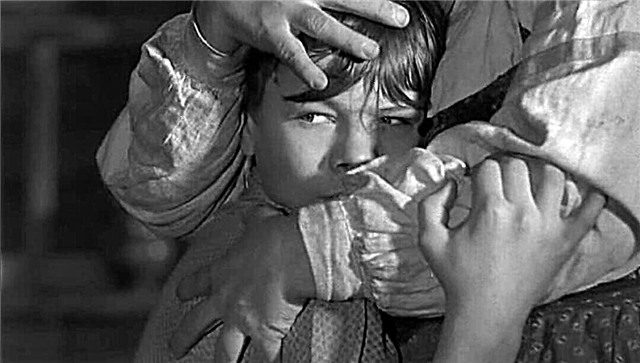In ancient times, in Persia, in a picturesque mountainous area, among the rocks and trees lives the family of the rich villager Masouda. Every summer evening, Mirza, the daughter of Masouda, awaits Rustan from the hunt with fear and anxiety. This is Masud’s nephew, who at night searches among the mountain peaks for “what he cannot find,” the girl sighs woefully. She watches as the rest of the hunters and their neighbors peacefully return home, to their families. Father and daughter want to understand their "prankish" Rustan, who knows no peace, dreams of battles and exploits, power and glory. He stopped loving work in the field and around the house, he is attracted by the dangers of hunting. Mirza thinks that Rustan, who was so calm and restrained before, is influenced by the negro slave Zang who appeared in their house, on whose mind there are only battles and victories.
Massoud heard rumors that Rustan had a great fight on a hunt with Osmin, the son of the Samarkand emir. Masoud realizes that his nephew is hiding this from him, so as not to hear reproaches. Indeed, Rustan is hiding from his uncle, not wanting to inflict suffering on him with his confessions. He is ready to answer for his actions. Now the main thing for Rustan is to take revenge on the impudent Osmin, to prove his strength. Zanga, as an eyewitness, describes a quarrel that could end in bloodshed if the participants were not separated. The hunters gathered in the meadow to relax and chat. The spoiled son of the emir boasted of his victories in love. He said that the ruler of Samarkand, which is finding it increasingly difficult to defend himself from enemies, promises to give the throne and his daughter as a reward to those who defeat the enemy hordes. Rustan was about to throw himself on the road. But from the noble Osmin he received mocking advice: to return to the hut, not to forget about his inheritance - a plow and a plow.
Zanga plays on the ambition of Rustan, encourages decisive action. Rustan also thinks so, because his ancestors were warriors, and his present life seems to him miserable and uninteresting. From now on, his motto is that the strong will cope with the weak. He has no doubt that success will come in the process of daring and "what you capture is yours."
Masood kindly tries to reason with his nephew, to keep in a family, next to a sensitive and tender Mirza. But Rustan is now possessed by a different passion and, finding no way out, it can destroy his life. A fire of fire burns in his chest. He states that he leaves home in the morning. Even Uncle's last argument does not stop Rustan: he is loved by Mirza. Rustan also loves Mirza, which means he will return to her with victory.
Rejoicing in the coming day, which will give him a new life, Rustan goes to bed. He can hear the quiet sounds of the harp and the song that the old dervish sings. The song is famous for true human values: true thought, kindness and love. Earthly blessings are seduction, vanity. "Life is a dream." Rustan falls asleep, and in a dream he sees a huge snake casting in gold ... All the following is already happening in the dreams of Rustan. Away from home and family, he enjoys freedom when there is no “no house, no order, no care, no ban,” when he first feels like a man. But Rustan does not forget about the matter, he needs to hurry to Samarkand in order to gain power and glory. Zang is nearby and howling supports him. On the way, travelers meet a richly dressed man fleeing from a snake. He turns out to be the king of Samarkand. Rustan tries to kill the snake with his spear, but does not fall into it. The snake is struck by another spear launched from a high cliff by a stranger in a brown cloak. Laughing at Rustan’s awkwardness, the stranger disappears. At this time, the king, having lost consciousness for a while, comes to himself. He considers Rustan his savior, which Zang confirms, keeping his embarrassed master from explanation. In the mind of the king another image of a shooter vaguely flickers - a man on a rock in a brown cloak. Then the king’s retinue and his daughter Gulnara appear, grateful to the “hero” and subjugated by him, so modest but strong. The king gives Rustan his dagger, adorned with precious stones, as the first reward. And a hint of the main award is already heard, causing joyful embarrassment for both young people.
Rustan shares his experiences with Zanga. He is happy and fears nothing. From an unknown shooter, if he appears, you can generously pay off. All the same, the hearts of the king and his daughter already belong to him. Suddenly, a stranger appears in front of the deceivers with a brown cloak in his hands. Having quietly listened to threats, persuasions and generous promises, the stranger advises Rustan to live his glory, and not someone else's. He continues his journey to the royal court. Having overcome fear and hesitation, Rustan rushes after him and holds him on a bridge over a mountain stream. They fight, the stranger turns out to be stronger, but at the last moment Rustan manages to thrust into the chest an unarmed dagger, presented by the king. The enemy falls into the river and dies. At the first moment, Rustan feels regret and horror, but his royal messengers are already calling to the court. He must immediately lead the royal army.
In Samarkand, after a brilliant victory over the Tiflis khan, Rustan is surrounded by universal recognition, glory and love. Only Zanga saw how in the decisive minutes of the battle, Rustan fell off his horse as the khan approached. But the army began to avenge its beloved leader, and the enemy fled. And now the hero is already taking honors as a savior of the land.
Meanwhile, a dead man’s body with a royal dagger in his chest and a brown cloak are found in the river. It recognizes one of the king’s courtiers, whom he disliked and sent from the capital for claiming to his daughter’s hand. Relatives of the murdered suspect the king.
Without wanting it, the king begins to understand the fatal role of Rustan in the history of the snake and in the death of the court. The noble ruler has to express his thoughts in person to whom he wants to entrust the country and his daughter. He gives him a night to look for excuses, but if there are none by morning, the fate of the culprit will be decided by the best people on the council. After all, the king himself must be justified before his people. Gulnar, he has not yet revealed secrets.
But Rustan feels smarter and stronger than everyone. With the help of the old sorceress, who saw through the "handsome", he manages to poison the king. The blame falls on the old father of the murdered nobleman.
The army riots, wanting to have the ruler of Rustan. Gulnara asks him for protection, offering to share the royal crown with him. For now, Rustan is forced to do this, although he decided to become a full sovereign.
The brutal rule of Rustan does not last long. A conspiracy is ripening, the truth is revealed with the poisoning of the king. Gulnara understands what an irreparable mistake her father and she made, trusting herself to a lover who sheds the blood of innocents. But even convicted of all crimes, Rustan is confident in his superiority over people and requires Gulnara to transfer to him all power over the country. But not always “the strongest is right”, the army goes over to the side of a fair Gulnara. Warriors chase the runaways Rustan and Zangu. Fleeing them, Rustan jumps into the river from the very bridge on which he killed the man, and wakes up.
A terrible dream still dominates him for some time. Then, with the help of Mirza and Masoud, he becomes convinced that only a dream — one night, and not a whole life, a terrible life — shared it with loved ones. He hardly comes to his senses and joyfully, relievedly realizes that he is innocent, did not commit murders, that he can find peace of mind - and this is the most important thing.
Having knelt before Masood, Rustan asks him to fulfill three requests: to accept him again in his family, to release Zanga free and, of course, to give his beloved Mirza for him. Masoud eagerly agrees to the first two requests. Then he warns his nephew, because dreams are the "hidden desires" of life - "follow yourself, my son." Happy Mirza rushes her father with an answer to the last request.

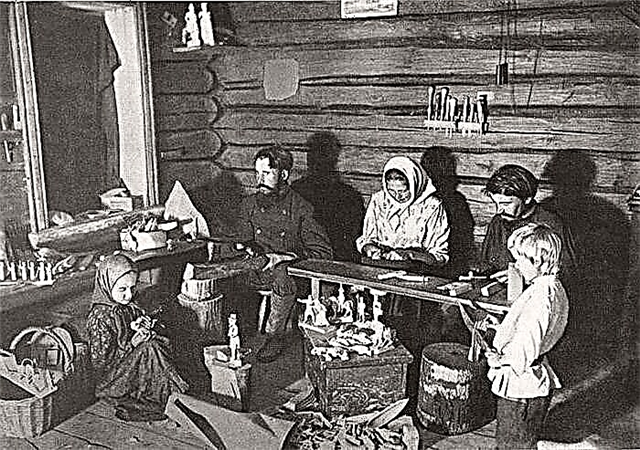

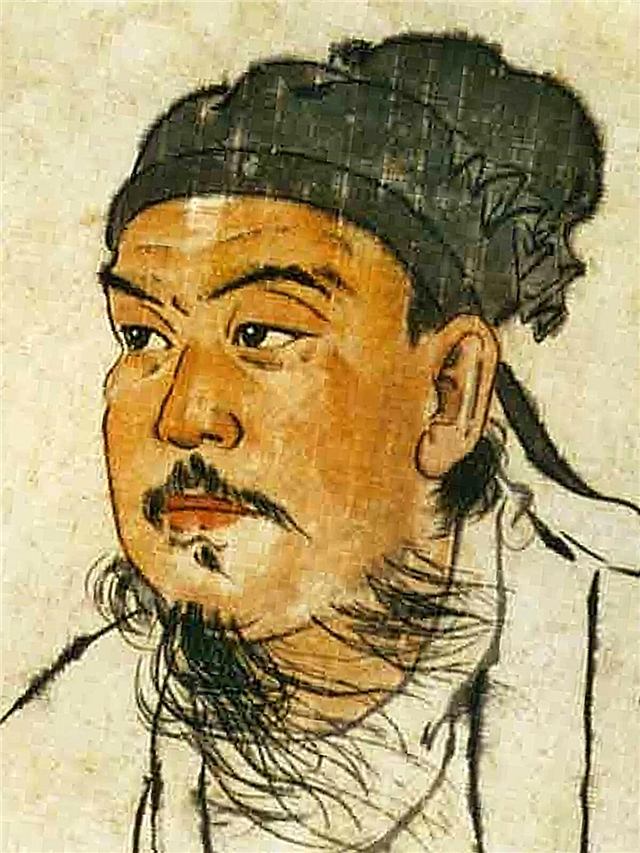

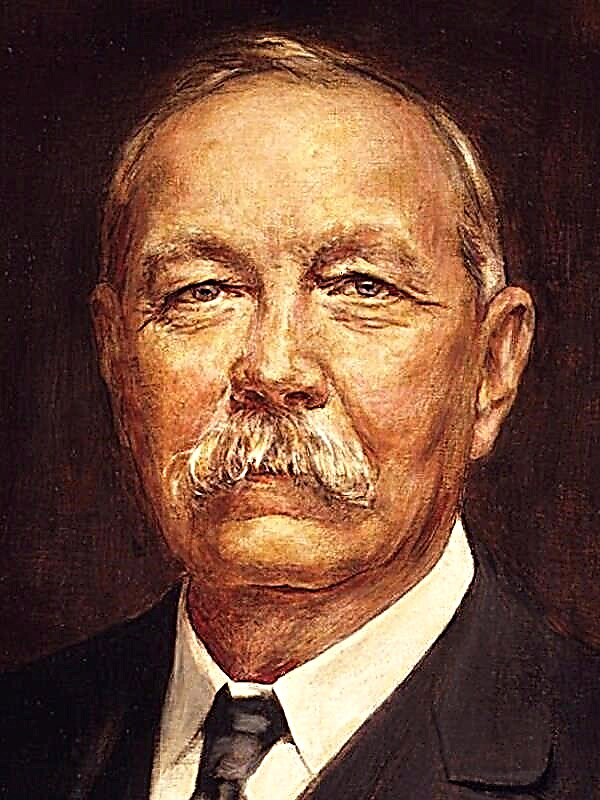
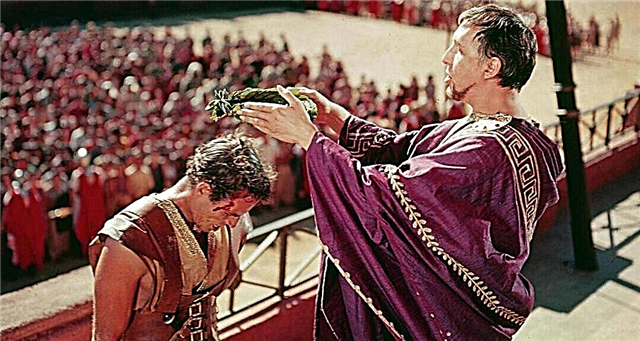 Ben gur
Ben gur
